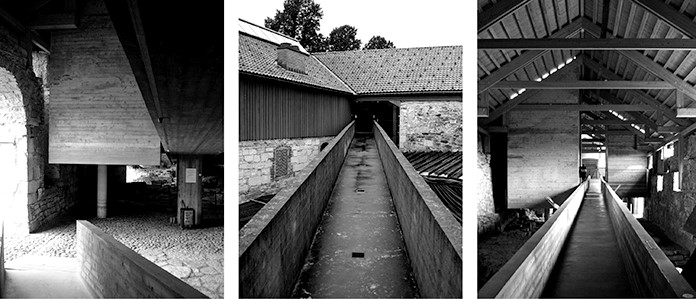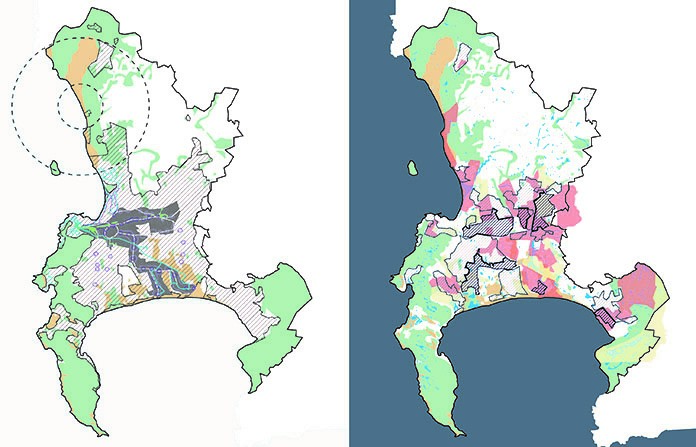Research
I trained as an architect and have led building performance evaluations assessing user satisfaction and indoor environmental quality across the UK. My current research investigates the history of envrionmental design and the role of architecture in shaping the urban environment. I completed my PhD at the University of Cambridge in 2014, funded by the AHRC.
I supervise PhD students investigating climate change across a range of contexts, including the Middle East, Malaysia, Mexico, Kenya, and South Africa. Please do get in touch if you would like to discuss further.

Environmental Design
Victorian Architecture
The environmental design and integration of new technology in Victorian buildings demonstrates a profound understanding that was a combination of experimental scientific advance (e.g. fluid dynamics) and the intuitive application of professional knowledge by architects and engineers. Architects often retained direct control of the dimensions of windows, room volumes, air inlets, and chimneys that together constituted the chief variables determining the success or failure of building services.
My research seeks to bridge the gap between urban studies of the Victorian city and architectural studies of individual buildings. I am interested in how concerns about the environment were integral to civic governance in the nineteenth century, and what the use of new technologies and approaches can tell us about the social, political, and economic reshaping of the city at the time.
Art Schools
Supported by the Paul Mellon Centre for Studies in British Art, ‘The Victorian Art School: Architecture, History, Environment’ (Routledge, 2020), addresses the architecture as well as the pedagogical history of Victorian art schools in Britain, and is illustrated with previously unpublished archival material including original drawings and photographs of the buildings.
The book contextualises the existing literature on Charles Rennie Mackintosh and the Glasgow School of Art within a broader cultural history of art education in Britain. It represents an explicitly environmental reading of the Victorian city, examining significant innovations made in the technical design of buildings in some of the most polluted urban environments in history.

Climate and Regionalism
I am interested in the history and theory of regionalist and environmental ideas in architecture, including bioclimatic and passive design, Critical Regionalism and ‘The Other Tradition’, and the relationship with twentieth century modernism, including the work of architects such as Apslund, Lewerentz, Aalto, Kahn, Fehn and Siza.
Sustainable design is substantially a product of numerical calculation, such as the modeling of performance data and cost-benefit analysis. Construction (materials, u-values) and processes (energy use, assembly, airtightness) are quantified and assessed to ensure they achieve design objectives based on recognised standards of performance. However technical analysis alone cannot inform the initial creative idea. I am interested in the role of case study and precedent informing the imaginative act. What can the design approach of Arts and Crafts, Modernist, Post-Modernist or Hi-Tech architects reveal about their understanding of the relationship between the environment and architecture?

Urban Resilience
Through funding from the Worldwide University Network and the British Academy, I established the Transcultural Understanding of Designing with Climate Change project together with colleagues at the University of Cape Town and the Chinese University of Hong Kong to research how architects contribute to sustainable climate change adaptation in different climates and cultures. In 2015 I co-convened an international conference, ‘Architecture and Resilience’ at the University of Sheffield, published as an edited volume with Routledge in 2018.
Research grants
Bench Fees - Zehra Disci
TURKISH MINISTRY OF NATIONAL EDUCATION
June 2021 - May 2023
Virtual Sandpits, 'What is a good city?'
BRITISH ACADEMY (UK)
April 2021 - March 2022